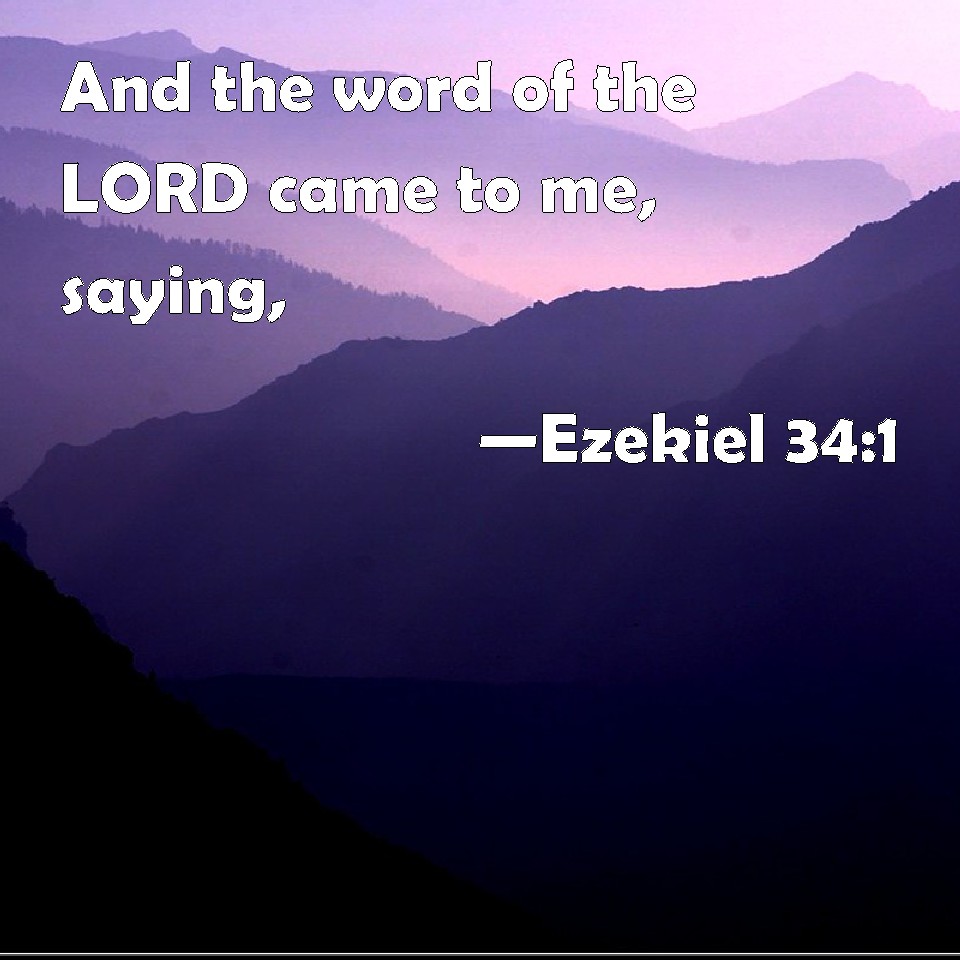Ezekiel 34 Summary

The book of Ezekiel, chapter 34, presents a poignant and prophetic message from God to the leaders of Israel, likened to shepherds, condemning their neglect and abuse of the flock entrusted to their care. This chapter is dichotomous in nature, first condemning the false shepherds of Israel and then promising the advent of a true Shepherd, who will care for and redeem the flock.
Initially, Ezekiel is instructed by God to prophesy against the shepherds of Israel, criticizing their self-serving actions and lack of genuine care for the flock. These shepherds are accused of feeding on the fat of the land, clothing themselves with wool, but not taking care of the weak, the sick, or those in need. They have failed in their duty to protect and guide the flock, leading to the scattering and vulnerability of the sheep. This criticism is not just against the religious leaders but also against the political leaders of Israel, emphasizing the comprehensive failure of the leadership to act with justice and compassion.
The prophecy then shifts to a message of hope and redemption. God declares that He Himself will search for the scattered sheep, gathering them from all the places they have been dispersed, and bringing them back to their own land. This action signifies not just a physical return but also a spiritual one, as God promises to judge between the fat and the lean sheep, ensuring that the strong do not oppress the weak. The chapter continues with the promise of a Davidic shepherd, a messianic figure, who will feed the flock with justice. This shepherd, symbolizing a future king, is tasked with the fair and compassionate leadership of Israel, ensuring the well-being of all members of the flock.
The introduction of this Davidic shepherd is pivotal, as it represents God’s intervention to restore Israel, setting aside the corrupt and ineffective leaders who have failed the nation. This figure is characterized by fairness, wisdom, and a genuine concern for all members of the flock, regardless of their strength or status. The promise includes not just the restoration of Israel but also the establishment of a covenant of peace, removal of harmful beasts, and provision of showers of blessing, symbolizing a return to a state of divine favor and prosperity.
Ezekiel 34 is rich with symbolism, particularly in its use of the shepherd and flock metaphor to describe the relationship between leaders and their people. The chapter highlights the responsibility of leaders towards those they govern, emphasizing the need for justice, compassion, and selflessness. Furthermore, it underscores God’s sovereignty and His intent to intervene on behalf of the oppressed and neglected, promising redemption and restoration through a divinely appointed leader.
This prophecy has been interpreted in various ways throughout history, with many seeing the promise of the Davidic shepherd as a reference to Jesus Christ, who is often depicted as the Good Shepherd in Christian theology. Regardless of interpretation, Ezekiel 34 remains a powerful critique of abusive power and a testament to God’s enduring love and concern for His people, promising a future where all will be treated with dignity and respect under the care of a righteous leader.
